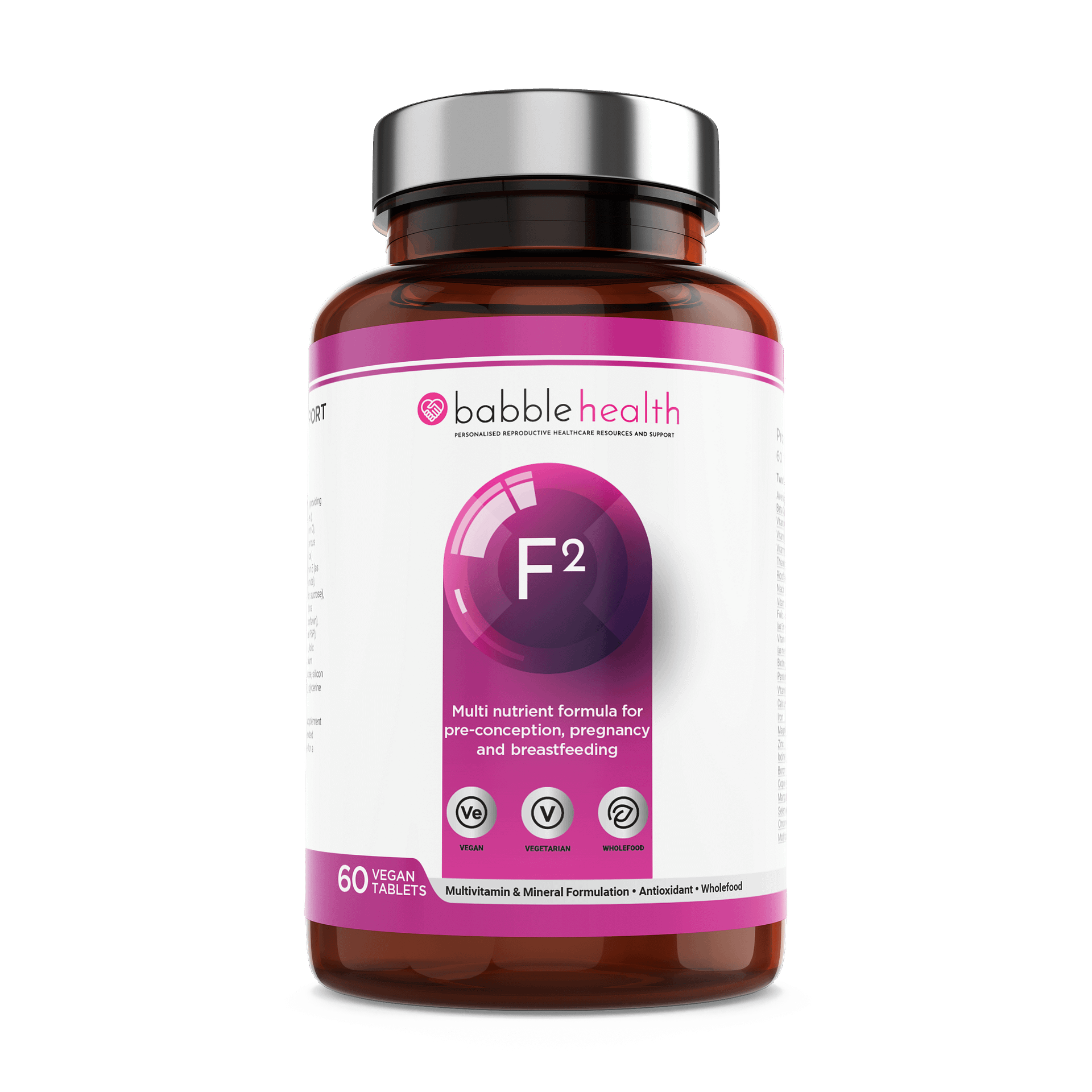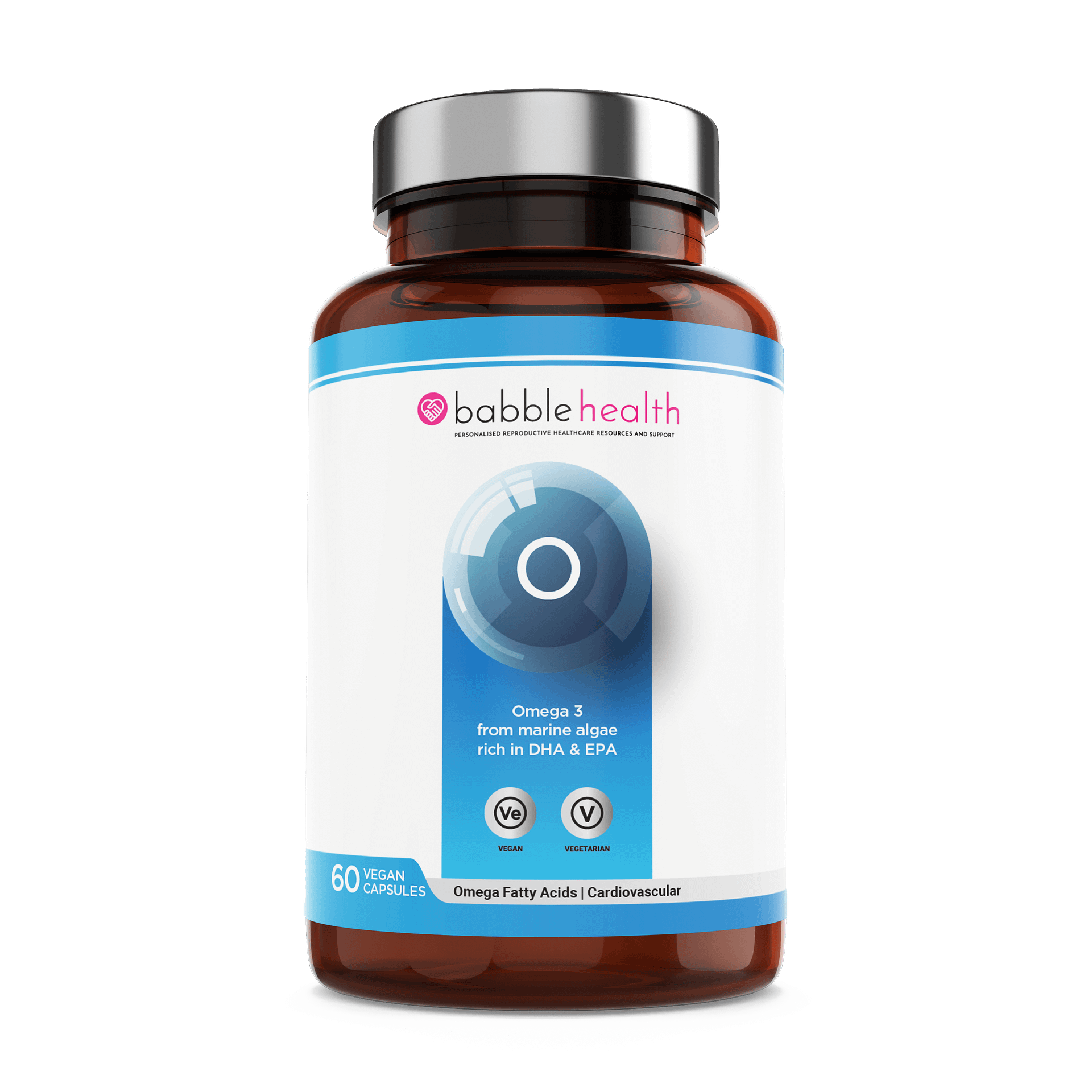Our emotional wellbeing is just as important as our physical wellbeing, but it can be easy to overlook or neglect. If we’re feeling low, stressed, worried or upset, it can be tempting to ignore it and carry on or we might begin to withdraw from the things we enjoy and sink lower, without realising it.
Poor emotional wellbeing can negatively impact our lives in so many ways. It can affect the way we work, interact with loved ones and colleagues and how much enjoyment we get out of life. It can even impact our physical health if we begin to make poor diet and lifestyle choices as a result of our emotional health.
But what exactly is emotional wellbeing and how can we improve it?
Emotional wellbeing is defined as “the ability to produce positive emotions, moods, thoughts, and feelings and adapt when confronted with adversity and stressful situations”.
A major part of having a healthy mindset and good emotional wellbeing is resilience. Resilience is our ability to bounce back from adversity or something negative that happens on our life. Resilience can be thought of as a muscle – the more we use it, the stronger it becomes.
Having strong emotional wellbeing helps us have a stronger resilience – we’re more able to find and focus on the positive in a situation, both in the wider, every day environment, and in our own personal headspace.
But why is this important? Having strong resilience and emotional wellbeing means that we’re better able to recognise triggers and situations where we know we might struggle, and better equips us to cope when we are faced with adversity. We may remain calm when otherwise we’d be angry and say things we regret, or take our emotions out on a loved one. we’ll develop stronger, more fulfilling relationships and feel overall happier and more satisfied with life.
On a personal level, we’ll feel more at ease and that has a significantly positive impact on our mental health. But it also has positive repercussions for our physical health too. Poor emotional wellbeing is linked to a higher risk of developing heart disease, type 2 diabetes and certain types of cancer.
We’re more likely to make poor choices when it comes to what we eat and how often we take physical activity too, if we have poor emotional wellbeing.
So, want can we do about it? If you’re struggling with any aspect of your mental health, speaking to your GP is a helpful first step to getting the support you need.
Otherwise, here’s some tips on supporting your emotional wellbeing:
- Form strong relationships with people that lift you up and make you feel good.
- Be kind to yourself and give yourself a break if things are getting on top of you.
- Exercise regularly – a 30 minute walk in nature is enough!
- Take steps to establish a good sleep routine.
- Eat well, and include lots of fruits, vegetables, wholegrains, lean protein and healthy fats.
- Practice forgiveness when you can – both to yourself and others.










